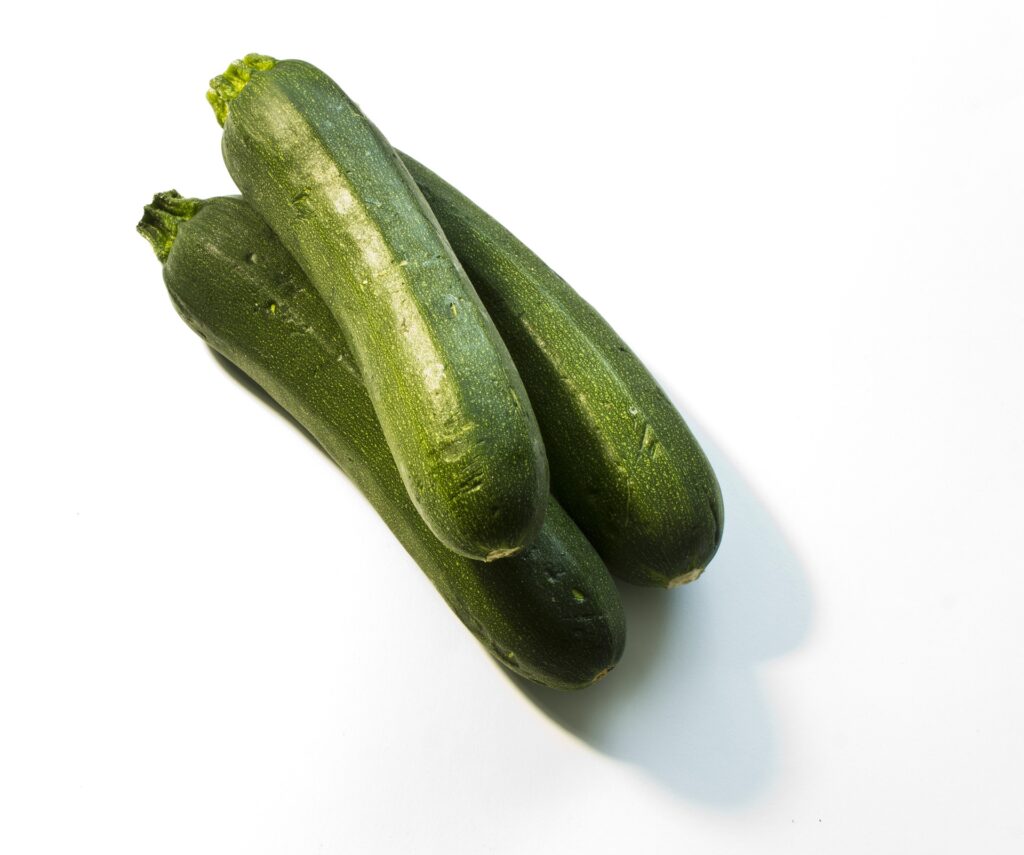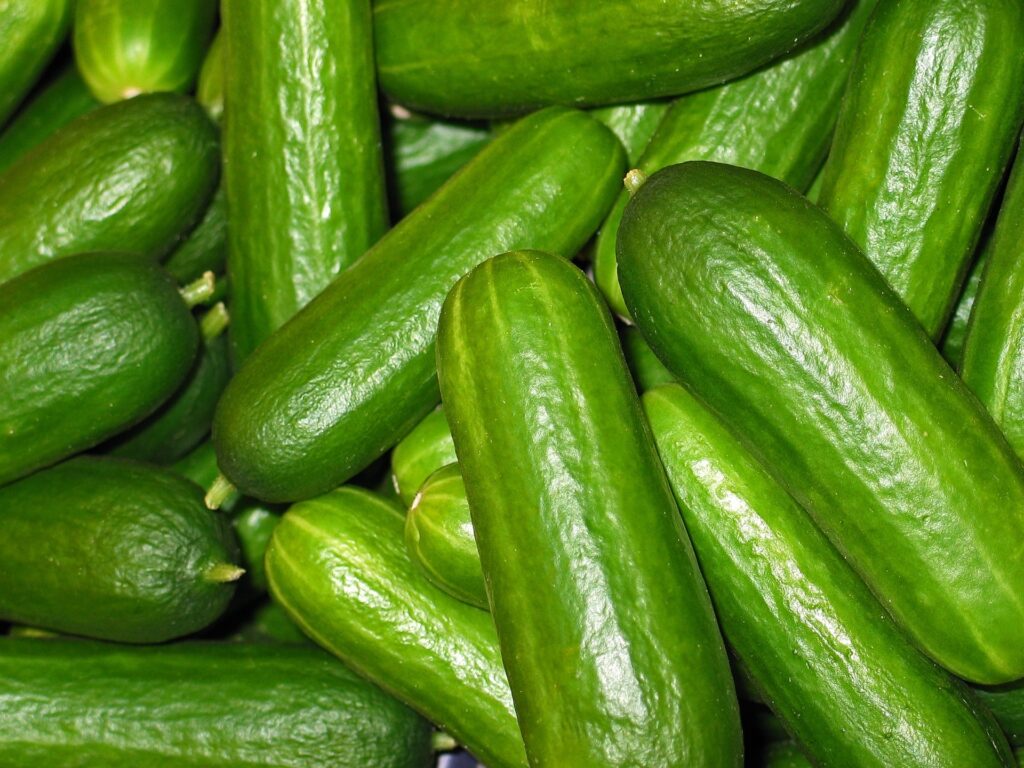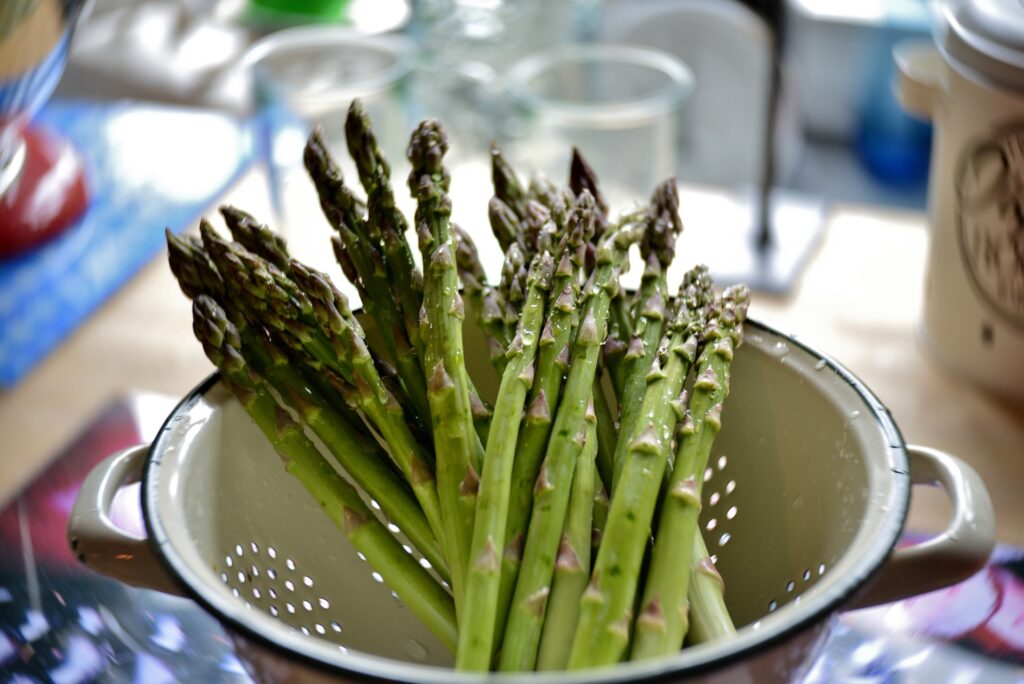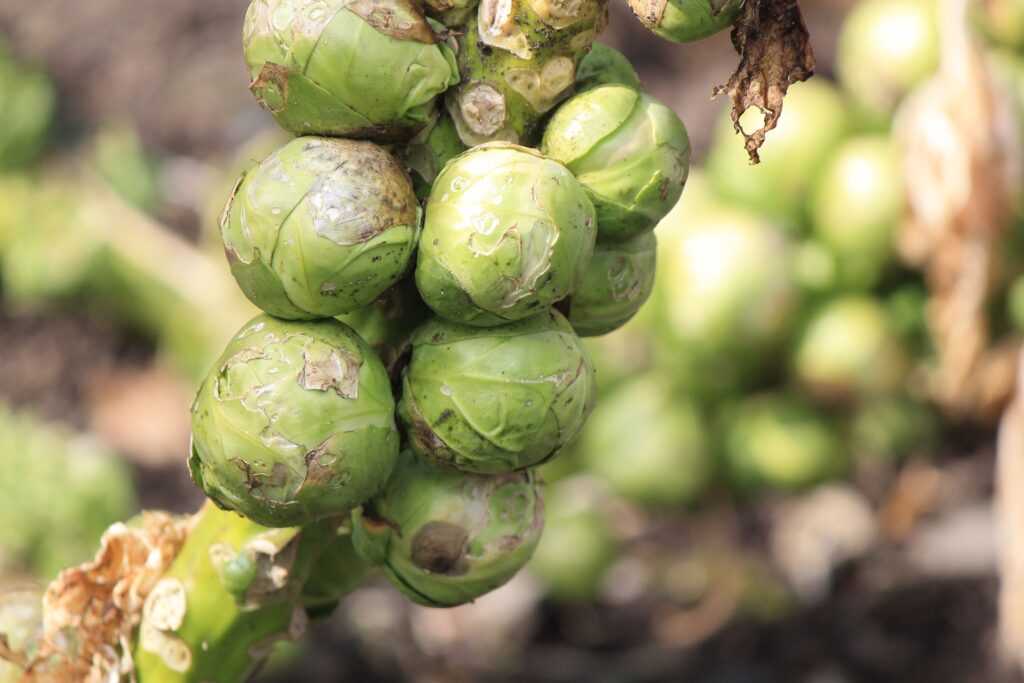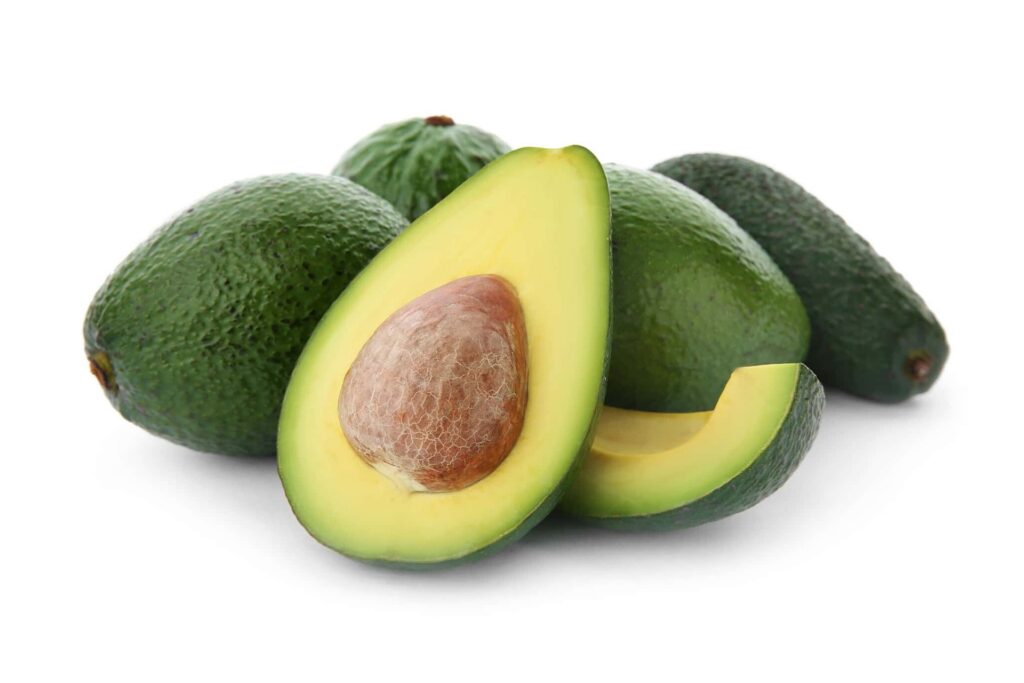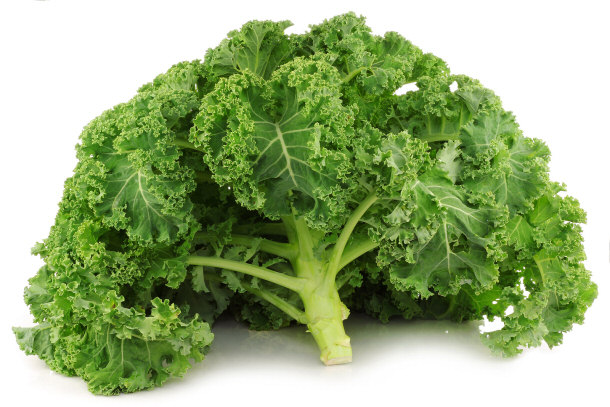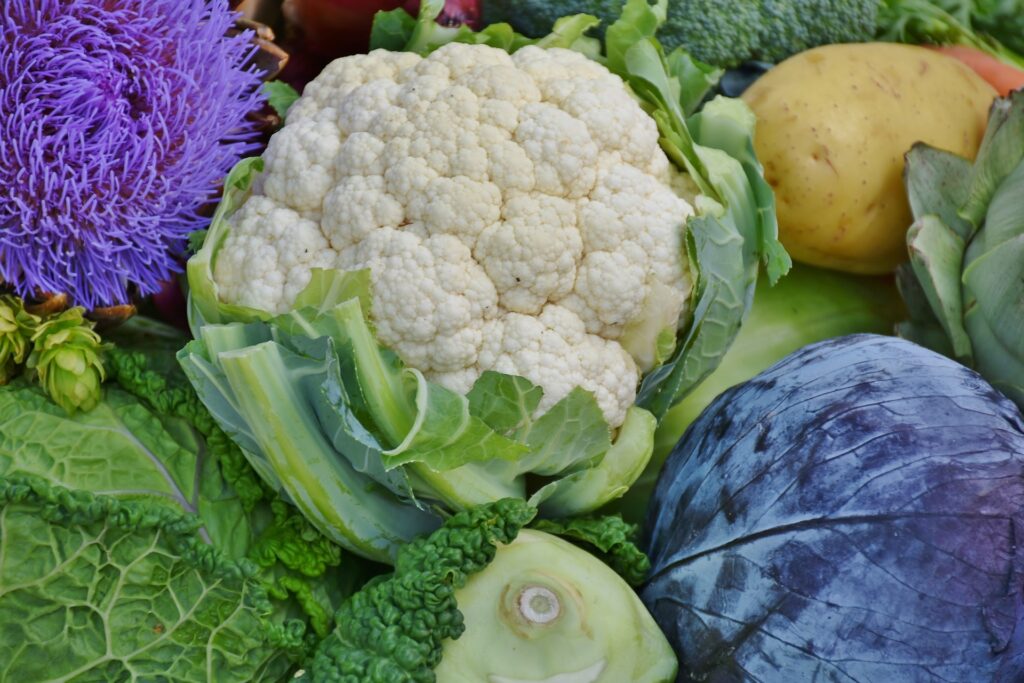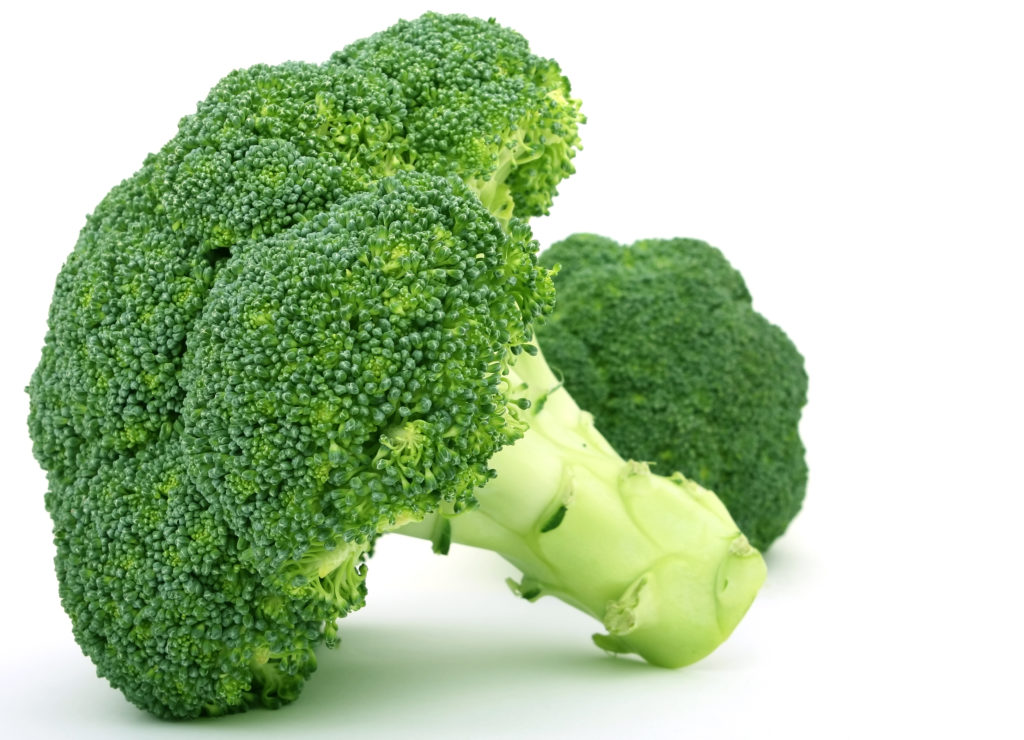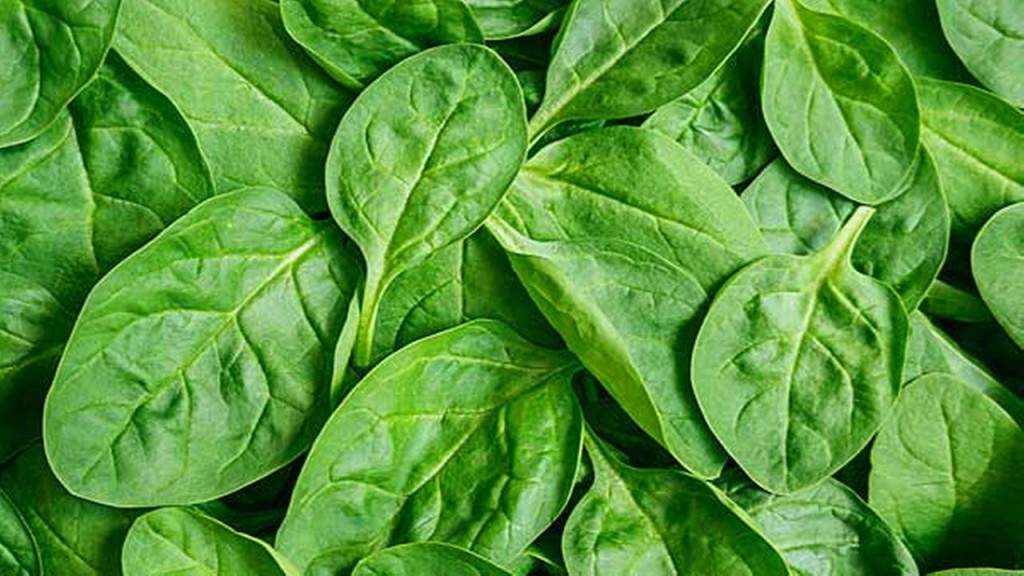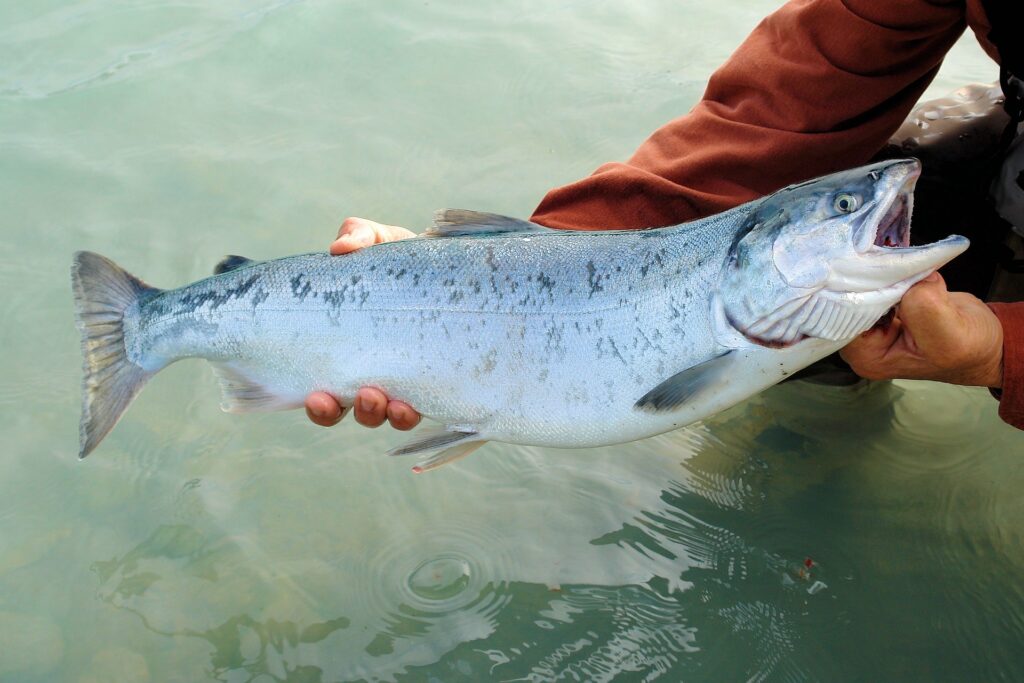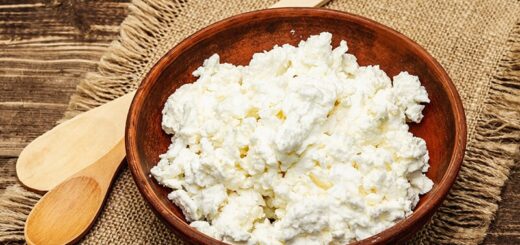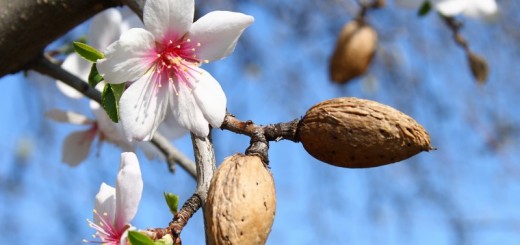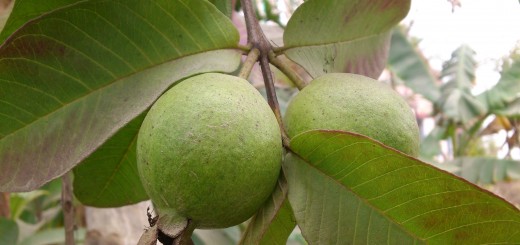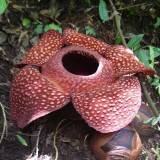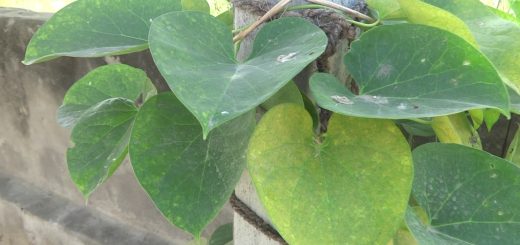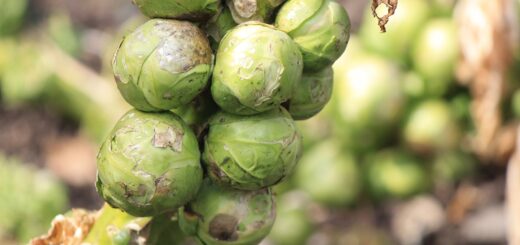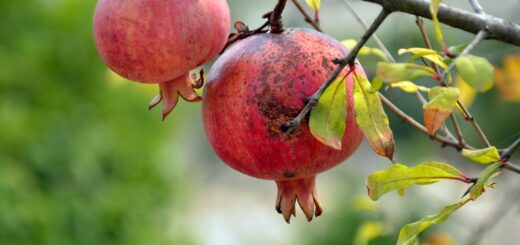Top 10 Healthiest Foods with No Carbs And No Sugar
Are you looking to revamp your diet with healthier options that are free of both carbs and sugar? Look no further than our comprehensive list of the top 10 healthiest foods that fit the bill! From delicious fruits to nutrient-packed vegetables and more, these foods will not only satisfy your taste buds but also help you maintain a balanced, healthy lifestyle. Whether you’re on a low-carb or sugar-free diet or just looking to incorporate more wholesome ingredients into your meals, these options are sure to please. So get ready to discover the amazing benefits of these nutritious foods and start feeling your best today!
Number 10.
Zucchini
Zucchini is a type of summer squash that is popular in many cuisines around the world.
Zucchini is a nutritious and low-carb vegetable that is a great choice for anyone who is watching their carbohydrate intake. It is also naturally sugar-free, making it a great option for those who are looking to reduce their sugar intake.
In addition to being low in carbs and sugar, zucchini is also a good source of fiber, vitamin C, and potassium. Fiber is important for maintaining healthy digestion, while vitamin C is a powerful antioxidant that helps to boost the immune system and protect against disease. Potassium is important for maintaining healthy blood pressure and heart function.
Overall, zucchini is a nutritious and delicious vegetable that is a great addition to any healthy diet.
Number 9.
Cucumber
Cucumbers are a nutritious and refreshing vegetable that is low in carbs and sugar, but high in important vitamins and minerals.
One of the primary benefits of cucumbers is their high water content. Cucumbers are about 96% water, which makes them a great food for staying hydrated. Proper hydration is important for maintaining healthy skin, digestion, and body temperature. In addition to their high-water content, cucumbers are also a good source of fiber, vitamin C, and vitamin K.
Whether eaten raw as a snack or added to salads and sandwiches, cucumbers are a great addition to any healthy diet.
Number 8.
Asparagus
Asparagus is a nutritious and delicious vegetable that is low in carbs and sugar, but high in important vitamins, minerals, and antioxidants. Asparagus is a good source of fiber, which is important for maintaining healthy digestion and promoting feelings of fullness. It is also a good source of several vitamins and minerals, including vitamin K, vitamin C, folate, and potassium.
In addition, asparagus is also rich in antioxidants, such as quercetin and lutin. Antioxidants help to protect the body against damage from harmful molecules called free radicals, which can contribute to the development of chronic diseases.
Number 7.
Brussels sprouts
Brussels sprouts are low in calories and carbohydrates, making them a popular choice for people who are watching their weight or managing their blood sugar levels.
A half-cup serving of cooked Brussels sprouts contains about 4 grams of carbohydrates and
2 grams of sugar. This small amount of carbohydrates and sugar is generally considered to be negligible and is unlikely to have a significant impact on blood sugar levels.
Additionally, Brussels sprouts are a good source of dietary fiber, which is a type of carbohydrate that the body cannot digest. Fiber passes through the digestive system mostly intact, which means it does not contribute to the body’s total carbohydrate count or affect blood sugar levels. The fiber in Brussels sprouts can also help promote feelings of fullness and support healthy digestion.
Some people may not enjoy the taste of Brussels sprouts, but they can be made more palatable by cooking them with seasonings or pairing them with complementary flavors.
Number 6.
Avocado
Avocados are unique among fruits in that they are relatively low in carbohydrates and sugar while being high in healthy fats. A medium-sized avocado contains about 12 grams of carbohydrates, of which 10 grams are dietary fiber, and less than 1 gram of sugar.
Most of the carbohydrates in avocados come in the form of complex carbohydrates, which are broken down more slowly by the body than simple carbohydrates, such as those found in refined sugar or sweetened foods. This can help to keep blood sugar levels stable, making avocados a good choice for people with diabetes or those looking to manage their blood sugar levels.
This, combined with their high content of healthy fats and other nutrients, makes avocados a healthy addition to a balanced diet.
Number 5.
Kale
Kale is a leafy green vegetable that is very low in carbohydrates and sugars. In fact, 1 cup or about 67 grams of raw kale contains only 6 grams of carbohydrates and 0 grams of sugar. Kale is also a non-starchy vegetable, which means that it does not contain a lot of carbohydrates that can be broken down into sugar by the body.
The carbohydrates in kale are primarily in the form of fiber and small amounts of naturally occurring sugars, such as fructose and glucose. These small amounts of sugar are not significant enough to have an impact on blood sugar levels.
Overall, kale is a great vegetable to include in a low-carbohydrate or low-sugar diet, as it is very nutrient-dense and provides many health benefits.
Number 4.
Cauliflower
Cauliflower is a type of cruciferous vegetable that is low in carbohydrates and sugars. This is due to its high fiber content and low glycemic index. Cauliflower is particularly high in fiber, with 3 grams of fiber in every 1 cup serving of raw cauliflower. The high fiber content in cauliflower helps to slow down the digestion and absorption of carbohydrates, which can help to stabilize blood sugar levels and prevent spikes in insulin. Overall, cauliflower is a great vegetable to include in a low-carbohydrate or low-sugar diet.
Number 3.
Broccoli
Broccoli is a nutritious cruciferous vegetable that is low in carbohydrates and sugars, Like many vegetables, broccoli contains fiber, which is a type of carbohydrate that cannot be broken down into sugar by the body. This means that fiber does not contribute to blood sugar levels, which is why broccoli is a good choice for those following a low-carbohydrate or low-sugar diet. Broccoli is a rich source of phytochemicals, which are natural compounds that have been shown to have anti-inflammatory and antioxidant properties.
Number 2.
Spinach
Spinach is a leafy green vegetable that is not only delicious but it is also packed with nutrients that are essential for our health. One of the most interesting things about spinach is that it contains very little sugar and carbohydrate.
The reason why spinach contains so few carbohydrates and sugar is due to its unique composition. Spinach is mostly made up of water and fiber, with a small amount of protein and fat. The carbohydrates that spinach does contain are primarily in the form of fiber, which is a type of carbohydrate that our bodies cannot digest.
This is why spinach is often recommended as a low-carbohydrate food for people with diabetes or those following a low-carb diet.
Number 1.
Salmon
Salmon is a nutrient-rich fish that is well-known for its many health benefits. One of the interesting things about salmon is that it contains no sugar and a very small amount of carbohydrates.
A 100-gram serving of salmon contains only about 0.2 grams of carbohydrates, which is considered very low. Similarly, salmon contains no sugar, which makes it a great food choice for those looking to limit their sugar intake.
The reason why salmon contains so few carbohydrates and sugar is due to its unique composition. Salmon is a rich source of protein and healthy fats, including omega-3 fatty acids. Unlike carbohydrates and sugars, protein and fats do not contain any sugar molecules, and they are not easily broken down into sugar in the body.
Moreover, the lack of carbohydrates and sugar in salmon means that it has a low glycemic index, which is a measure of how quickly a food raises blood sugar levels. This makes salmon an excellent choice for people with diabetes or those trying to manage their blood sugar levels.
In conclusion, incorporating these top 10 healthiest foods with no carbs and no sugar into your diet can help you achieve optimal health and well-being. Whether you’re looking to lose weight, boost your immune system, or simply feel your best, these nutritious and delicious foods will help you get there. So go ahead and try some of these foods today – your body will thank you for it!
